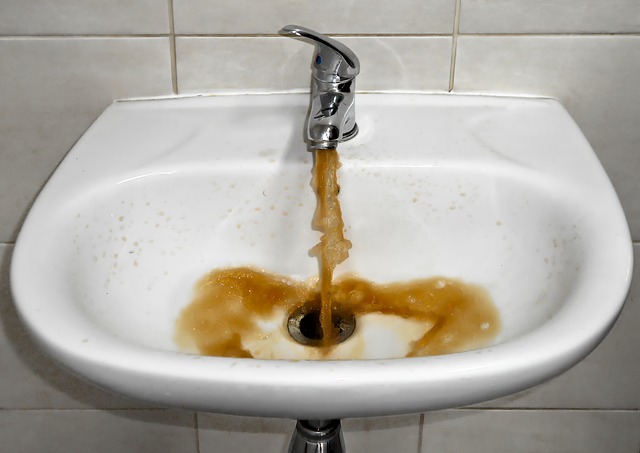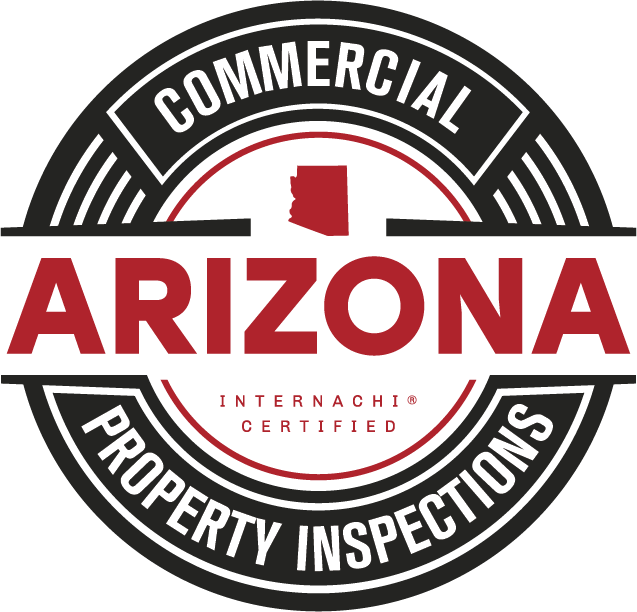A reliable supply of hot water is something many business owners take for granted—until something goes wrong. Whether you run a restaurant, a fitness center, a medical office, or any other establishment that depends on hot water daily, a failing water heater can disrupt operations, upset customers, and even impact your bottom line. Recognizing the early warning signs and understanding how to respond can make all the difference.
Why Water Heaters Matter in Business Settings
In commercial environments, water heaters often work harder than residential models. They support larger volumes of hot water usage and must meet strict health and safety standards. A sudden failure isn’t just an inconvenience; it can mean temporary closures, compliance violations, or damaged business reputation.
Early Warning Signs Your Water Heater May Be Failing
1. Inconsistent Water Temperature
Fluctuating water temperatures are a clear signal that something’s wrong. If your business experiences sudden spurts of cold water, lukewarm temperatures, or erratic heating, your water heater may be struggling to keep up, or worse, beginning to fail.
2. Unusual Noises
Popping, rumbling, or banging sounds coming from the unit often indicate sediment buildup at the bottom of the tank. Over time, this buildup hardens and forces the heater to work overtime, which can lead to early failure.
3. Visible Leaks or Moisture
Even small leaks around the base of the heater or pooled water nearby should never be ignored. Water leaks can cause property damage and hint at internal tank failure.
4. Reduced Hot Water Supply
If your water heater no longer meets your daily operational needs, it might not be just overuse—it could be a sign that the unit’s capacity is declining due to internal wear and tear.
5. Discolored or Rusty Water
Rust-tinted water from the taps can mean the inside of the tank is corroding. Left unchecked, this can lead to a full rupture and serious property damage.
6. Higher Utility Bills
If your energy costs are creeping up without any other explanation, your aging water heater could be losing efficiency, forcing it to use more power to achieve the same results.
How Business Owners Should Respond
1. Act Quickly
Time is money. As soon as you spot warning signs, schedule an inspection. Delaying can increase repair costs—or worse, lead to complete system failure at the worst possible moment.
2. Know Your Equipment’s Age
Most commercial water heaters last 8–12 years, depending on maintenance and usage levels. If your system is nearing the end of its life expectancy, proactive replacement can prevent unexpected breakdowns.
3. Schedule Routine Maintenance
Annual flushing to remove sediment, anode rod inspections, and regular professional tune-ups can extend the life of your water heater and keep it operating efficiently.
4. Have a Contingency Plan
For businesses where hot water is critical (such as food service or healthcare), consider creating a temporary backup plan. Mobile water heating units or partnerships with emergency plumbing services can keep operations running during a crisis.
Replacing Your Commercial Water Heater: Things to Consider
If replacement becomes necessary, think beyond just the immediate fix. Evaluate:
- Capacity Needs: Choose a unit that can handle your peak demand periods.
- Energy Efficiency: Look for high-efficiency models that reduce long-term operating costs.
- Compliance: Ensure your new system meets all local health, safety, and building codes.
- Warranty and Service Plans: Protect your investment with strong warranties and service contracts.
Final Thoughts
A failing water heater can cause major disruption to your business, but it doesn’t have to. Recognizing the warning signs, acting swiftly, and planning ahead can help you minimize downtime, protect your revenue, and maintain a positive customer experience. In business, preparation is key, and that includes your plumbing systems.

